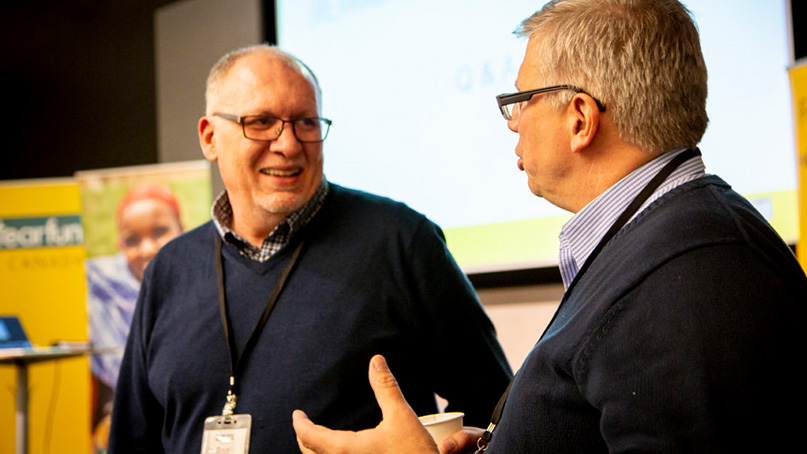

Individuals
All communities and systems are made up of individuals and are shaped by them (just as individuals are shaped by systems and their communities). We have already discussed the way individuals can be changed by a restored relationship with God. This transformation, expressed through values, behaviours and actions, has a knock-on effect for communities and systems.
The Church
We believe that there is a special role for the Church within civil society at both local and global levels.
In the opening chapters of the book of Acts, Luke tells the story of the disciples after they have received the Great Commission. At this time the group of disciples take on a new corporate identity; ‘the fellowship of believers’ (Acts 2) becomes the Church, the body of Christ on earth, continuing His mission until He comes again.
As Moltmann (1977) puts it, ‘It is not the church that “has” a mission, but the reverse; Christ’s mission creates itself a church.’
Therefore the Church is commissioned to join in with God’s mission. Our key foundation is ‘integral mission’, which understands that God is working to restore broken relationships by responding holistically to people’s needs, including economic, emotional, spiritual and physical ones. The Church, as the body of Christ, has a vital and distinctive role to play in fulfilling this mission.

Governments, Businesses,
and Society
Governments, businesses and wider civil society all play important roles in bringing positive change at both local and global levels when they are focused on the common good, and the church must work in partnership with them.

Governments
Governments help bring about transformation by, for example, ensuring order and stability, delivering and protecting public goods, and providing education and access to basic services. Governments also play a vital role through policies to incentivize positive practices.
Businesses
Businesses help bring about transformation by, for example, providing the economic engine that generates the resources to lift whole countries out of poverty; creating (through research and technical innovation), producing (through manufacturing) and distributing (through sales and marketing) the products and services people need to live full lives. Businesses provide opportunities for employment through which people develop and exercise their creativity and gifts, thus contributing to their communities.
People gain fulfilment and empowerment through work, as well as wages which are essential for lifting them out of material poverty. And, significant tax revenues are provided for governments and foreign exchange through trade.
Civil Society
Civil society helps bring transformation through:
- providing a voice for communities
- helping to resolve conflict at a local level
- providing relief and services to the vulnerable, particularly in fragile states
- delivering humanitarian relief during and after a disaster or war
- people making lifestyle changes to live more sustainably and use fewer resources
- innovating new approaches to aid and development practice which can be scaled up
- advocating for changes in policy to enable transformation
- holding governments to account
- blowing the whistle on bad business practice
Acknowledgements: Adapted from Tearfund UK’s booklet “Understanding Poverty” by Anna Ling and Hannah Swithinbank
